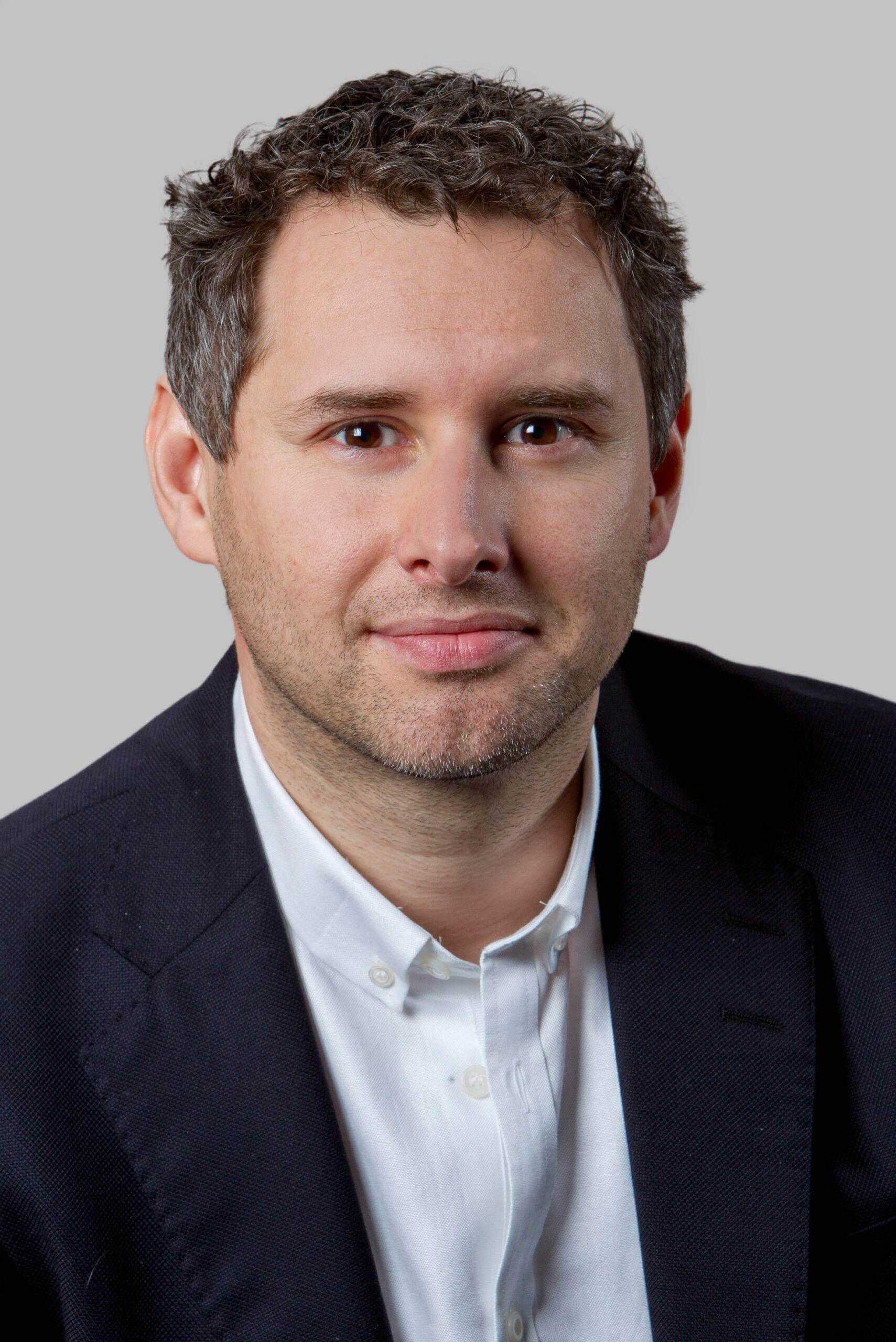Alastair Bishop, from BlackRock is our Fund Manager of the Month

21 SEPT, 2022
By Constanza Ramos
Alastair Bishop, Managing Director, is the Global Head of Sustainable Core Investing and a member of the Thematic & Sector team for the Fundamental Equity division of BlackRock's Portfolio Management Group. Mr. Bishop co-manages Sustainable Thematic strategies (e.g. BGF Sustainable Energy, BGF Future of Transport), a traditional Energy strategy (e.g. BGF World Energy) and a broader Natural Resources strategy.
Alastair sits on BlackRock's Renewable Power Investment Committee and the EMEA Investment Stewardship Oversight Committee. He has also represented BlackRock on several external initiatives related to the Energy Transition including the City of London's Green Finance Initiative (2016-17) and the UK Government's Capital Markets Climate Initiative (2013-14).
Mr. Bishop joined BlackRock in 2010 from Piper Jaffray where he was a Senior Research Analyst covering Clean Technology. Prior to joining Piper Jaffray in 2009, he covered the Renewable Energy and Industrial sectors for 8 years at the European Investment Bank, Dresdner Kleinwort.
Mr. Bishop earned a BSc honors degree in Economics from the University of Nottingham in 2001.

When and how did you start your career in the financial industry? Was a role in the investment funds industry always attractive to you?
After graduating from Nottingham University with a BSc in Economics in 2001, I began my career as an equity research analyst at the European Investment Bank, Dresdner Kleinwort Wasserstein. As part of the Capital Goods team, I was responsible for covering the European industrial sector and, within that, I was given the opportunity to analyse the emerging renewable energy industry. The first company I covered was a Danish wind turbine manufacturer, which ignited an interest and passion for the energy transition that continues to this day.
Having spent almost a decade as a sell-side research analyst, I was fortunate enough to get the opportunity in 2010 to join BlackRock as a Portfolio Manager, working on the Sustainable Energy and World Energy strategies. The role enabled me to gain a better understanding of a global energy system that was at the time beginning to be disrupted by technological innovation from within, with the emergence of shale drilling in North America, and from without, with the rise of increasingly competitive low-carbon alternatives.
What is the most exciting thing you have seen in the markets over your years of experience? And the least?
As anyone that works in the financial industry will attest, you rarely get a dull day. Asset markets provide a window into the state of the global economy, with all its inherent complexity, with human emotions and therefore swings in investor sentiment then amplifying any underlying changes. Altogether, that creates an environment for an active investor that is both exciting and challenging in equal measure.
What has particularly excited me over my career has been watching the energy transition unfold. From nascent beginnings, low-carbon technologies such as renewable energy and, more recently, electric vehicles have emerged as credible competitors to the status quo and, in doing so, achieved a rate of adoption that has consistently exceeded market expectations. Two decades on and despite all the progress made so far, we’re still very early in this transition to a lower carbon economy and we believe that as it unfolds it will create huge opportunities for investors.
What key principles drive your investment process and why
We’re very positive about the pace of the energy transition and expect that the adoption of low-carbon technologies will continue to upside surprise. That said, it’s important to understand that being positive on the long-term outlook for a theme is not the same as believing that every company exposed to those trends will prove to be a good long-term investment (nor equally that every company facing disruption will be a bad investment). This transition is upending the status quo and its creating significant disruption across many end-markets. With disruption you tend to get winners and losers, both from amongst the incumbents but, importantly, also from within the new entrants that are trying to disrupt. We therefore look to focus on fundamentally strong and under-appreciated growth opportunities and run relatively concentrated portfolios of what we believe to be long-term winners.
How are you adapting your portfolio to the current situation of the markets?
We’re long-term in our investment approach and therefore much of our time is spent trying to understand the medium- and longer-dated changes that are happening to the energy system. That said, in the short-term the cyclical can often overwhelm the structural so it’s important to also appreciate and adapt one’s portfolio to reflect current market dynamics.
What is even more important, though, is to not lose sight of those longer-term structural changes during periods of uncertainty. When markets are volatile, investors tend to become very short-term focused. It’s during such times, when others are reacting to every headline or datapoint, that long-term investors can find the greatest value dislocations. Keeping one’s eye on the medium-term and seeing the wood for the trees can often help to capture those opportunities.
What type of companies do you like to include in your portfolio? Do you have any red lines when it comes to selecting an asset for your portfolio?
The BGF Sustainable Energy fund invests in the enablers and beneficiaries of the transition to a lower carbon energy system. Key themes that we focus on in the strategy include Clean Power, where we invest in the owners of renewable energy assets as well as the related equipment providers; Clean Transportation, which includes companies within the electric vehicle and hydrogen value chains; and Energy Efficiency, where we invest in companies that are providing efficient products and solutions for a broad range of end-market applications.
The fund complies with the leading third-party ESG and sustainability labels, which introduces some ‘red-lines’ around areas of the market and specific companies that we do not invest in.
How would you describe yourself in 3 words?
Analytical, Competitive, Inquisitive
Would you give any advice to anyone wanting to start a career in the asset management industry?
Go for it!; it’s a challenging but intellectually rewarding career. There are many talented investors out there so take any opportunity you can to listen and learn from their experiences.


